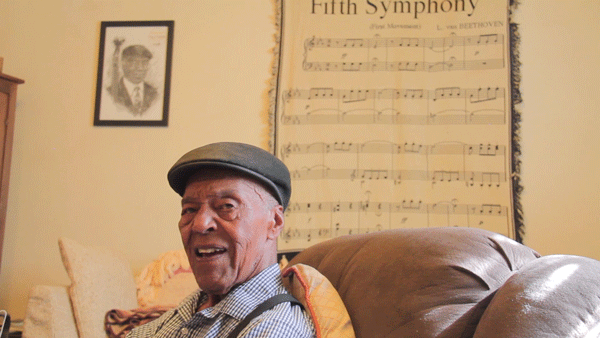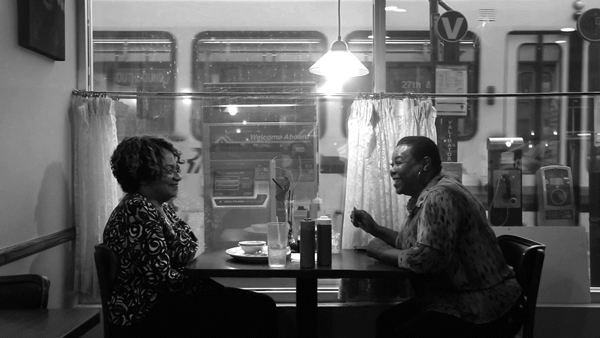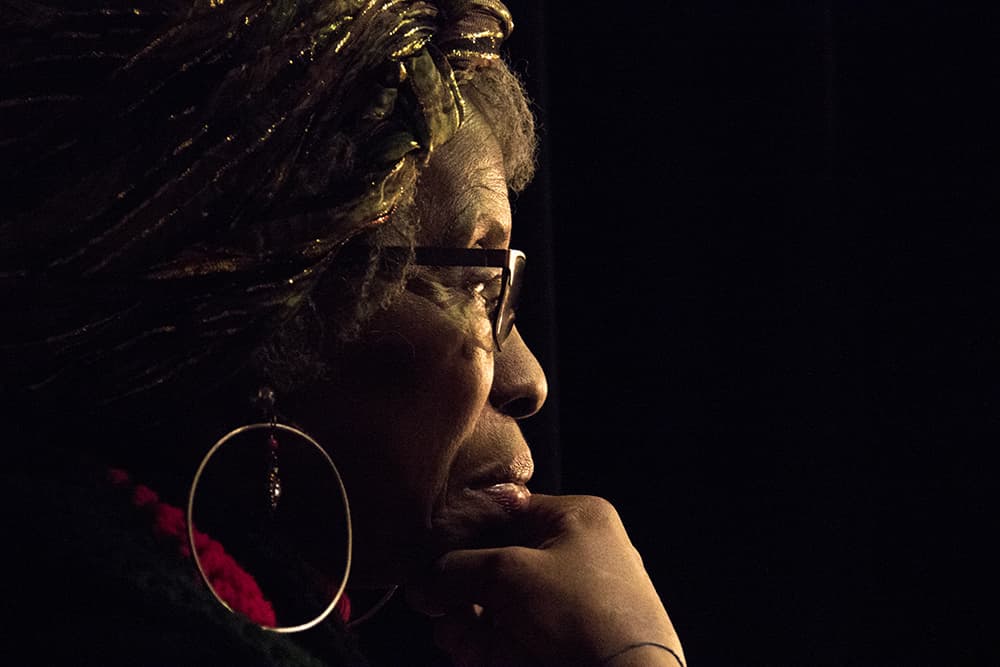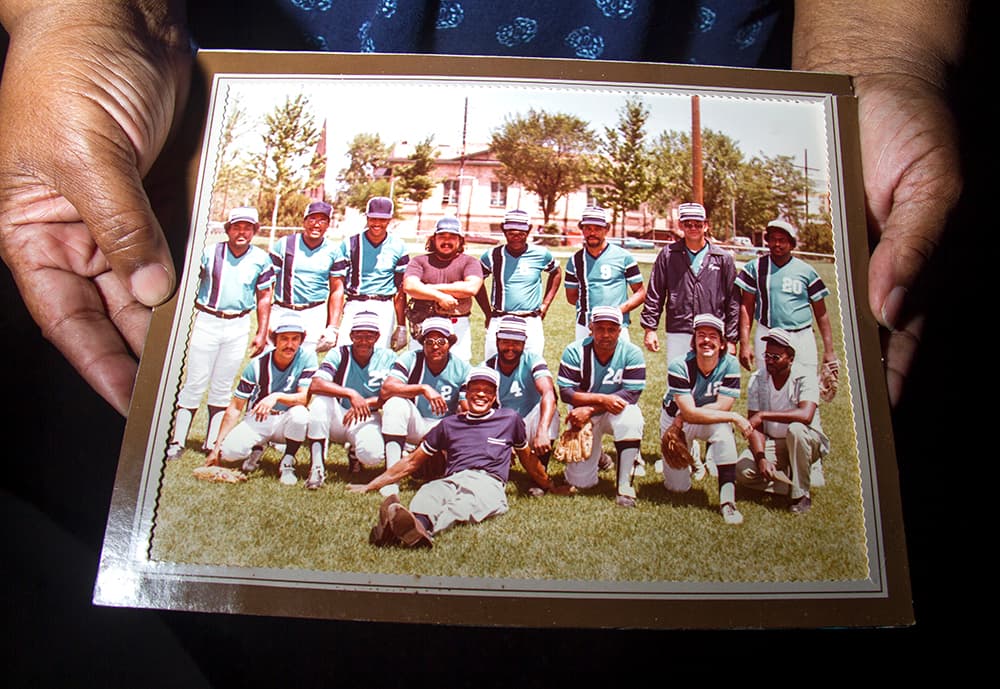
For Black History Month, we're working on a few Denverite-style looks at Denver's history -- be sure to sign up for Denverite newsletters so you get 'em first -- and we're bringing back a few things you may have missed.
We'd also love to know which black history stories you think deserve another look, whether we've covered them or not. If there's anything you want to know more about, please email us at [email protected].
WATCH: Charlie Burrell, American symphonies’ first black musician
Burrell, often referred to as the “Jackie Robinson of music,” opened the door for many black musicians to follow in his footsteps, including his cousin — the accomplished jazz bandleader Purnell Steen.
When black roadtrippers came through Denver in the ’40s and ’50s, this is where they stayed
A guide from a time when African-American tourists would drive all night, pack picnics or even bring portable toilets to avoid the dangers of the racist Jim Crow era. (Denverite)
Meet the secret society that infiltrated Denver’s Ku Klux Klan during the height of its power
When the Ku Klux Klan was at the height of its power in Denver, one man from Denver’s black community infiltrated the group and tried to blunt the impact of its terror. Dr. Joseph H.P. Westbrook’s light complexion allowed him to pass for white, and at great danger and cost to his personal health, he attended Klan meetings and relayed their plots back to Denver’s black residents.
Martin Luther King Jr. visited Denver for the last time nearly 50 years ago
He spoke in the University of Denver Arena while wooden crosses and old cars burned outside. The civil rights leader spoke about acceptance and equality at DU on May 18, 1967. One Denver newspaper reports King saying, “We still have a long way to go.”

With “cranes up and down” the corridor, changing Denver looks like Welton Street
The customers eating soul food at the Welton Street Cafe are changing as developers add new buildings and new faces to Denver’s historic Five Points neighborhood. Those stopping into 2736 Welton St. for fried chicken and collard greens tend to be younger and, frankly, whiter, than the people who typically filled the Southern and Caribbean food restaurant’s booths and tables during the last 15 years.
How can we see redlining’s lasting impacts on Denver?
Residential Security Maps were a tool used by the Federal Housing Administration to decide which homes got mortgages. Neighborhoods with white people were favored; neighborhoods of color were definitely not.

Denver’s Kwanzaa elders look back on 50 years of celebration
“We had a lot of unrest. There were organizations starting, black student unions were starting, the Black Panthers were here, and people were trying to figure out a way in which we could bring out our concerns to the public.”

The long-standing Five Points softball tradition you probably never heard of
Twice a year for 63 years, the Denver Randall’s and the Omaha Merchants have faced off in a softball grudge match.
Reynelda Muse, Bertha Lynn and Denver’s black broadcast history
In Five Points, Denver had the best jazz scene between Chicago and the West Coast. In KDKO (“Denver’s Knock Out”), the city had the first dedicated soul music radio station. In Rey Muse and Bertha Lynn, the market had two of the first black anchors on major network affiliates, beaming through the small screen day after day, winning awards, representing.













